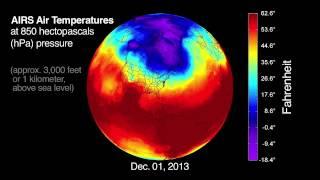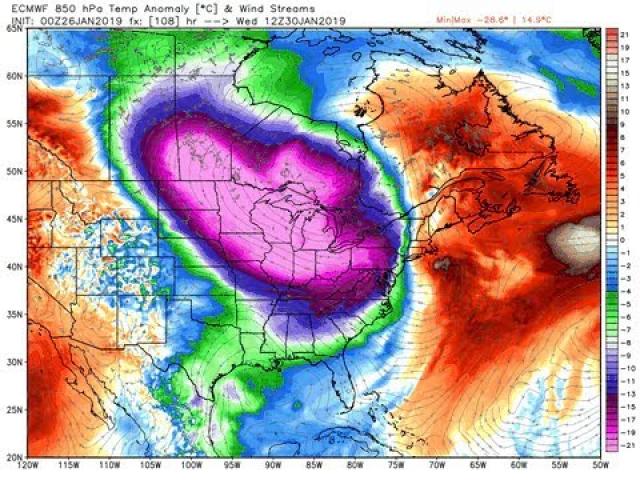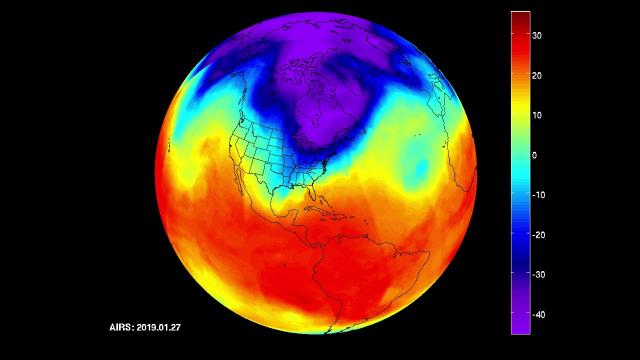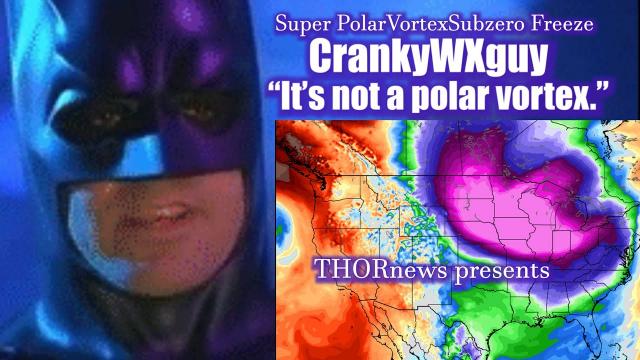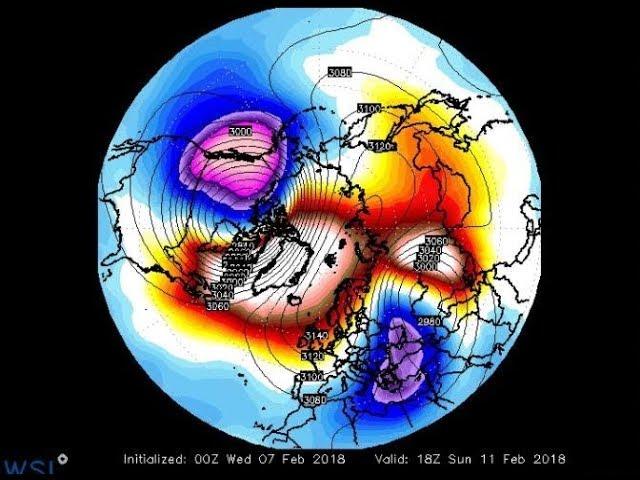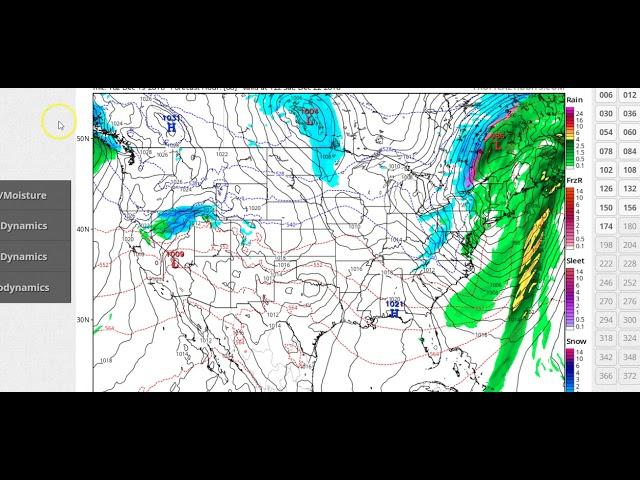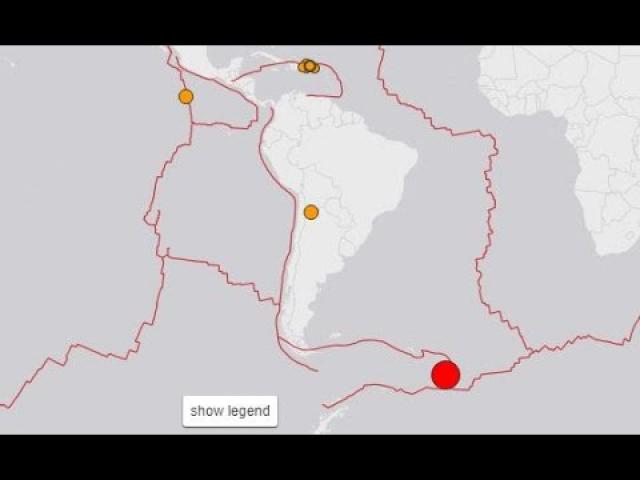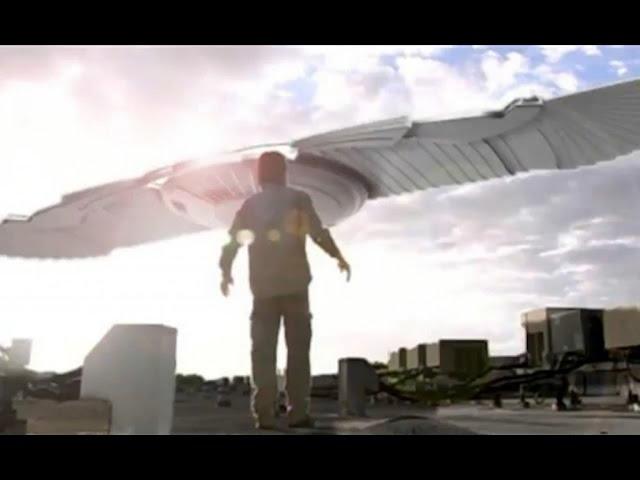Sub-Zero temps & Black Ice = Big Dangers with Polar Vortex Arctic Air.
Description
It is already underway & lasts until Thursday.
God bless everyone,
T
https://www.paypal.me/THORnews
@newTHOR on twitter
https://www.facebook.com/thornewsgo
Tshirts
https://hitthebuttonbaby.com/
the crankywxguy blog
http://www.stormhamster.com/entry/e012919.htm
mike's weather page
http://www.spaghettimodels.com/
models
https://www.tropicaltidbits.com/analysis/models/
a look at the Sun
https://sdo.gsfc.nasa.gov/data/
https://weather.com/forecast/national/news/2019-01-28-polar-vortex-midwest-arctic-air-coldest-two-decades
Polar Vortex Triggering Coldest Arctic Outbreak in at Least Two Decades This Week in Parts of the Midwest
Dangerously cold conditions are forecast in the Midwest this week.
Parts of the Midwest will see their coldest weather in at least two decades.
Wind chills values will fall into the 40s, 50s, even 60s below zero in some places.
The Northeast will also see bitterly cold temperatures late this week.
Extreme arctic cold is now plunging into the Midwest, creating dangerously cold wind chills and likely dropping temperatures in some cities to their lowest levels in more than two decades.
The central and eastern United States have been in the grips of a much colder weather pattern in the second half of January, and conditions this week will be the worst yet.
One instigator for this outbreak of cold air is a displacement of a lobe of the polar vortex to a position over the Great Lakes, according to a wunderground.com blog entry from Jeff Masters and Bob Henson.
The National Weather Service noted the temperature in Minneapolis/St. Paul dropped below zero just after midnight Tuesday morning and was likely to remain below zero until Friday morning.
By Wednesday and Thursday, morning lows may reach the minus 20s to perhaps minus 30 in the Twin Cities, with minus teens and minus 20s in Des Moines, Iowa, Chicago and Milwaukee.
Subzero-cold lows may extend through much of the Ohio Valley and should arrive into the interior Northeast by Thursday. Thursday will be the coldest day along the Northeast Interstate 95 corridor, with lows in the single digits from Baltimore to Boston.
Here are the last dates the following cities were as cold:
Chicago last plunged to minus 20 degrees on Jan. 18, 1994.
Des Moines, Iowa, last observed temperatures as low as minus 20 degrees on Feb. 4, 1996.
Milwaukee last reached minus 20 degrees on Feb. 2-3, 1996.
Madison, Wisconsin, reached minus 30 degrees only twice in history, last occurring on Jan. 15, 1963.
Minneapolis/St. Paul last plunged to minus 30 degrees on Feb. 2, 1996.
Detroit last was minus 15 degrees on Jan. 16, 2009.
As you can see, the outbreak this week may be the coldest in more than 20 years in parts of the Midwest and will smash dozens of daily record lows in some areas.
A few of the potential daily record lows this week include (record-to-beat is shown):
Wednesday: Chicago (minus 15 degrees); Cleveland (minus 4 degrees); Des Moines, Iowa (minus 17 degrees); Detroit (minus 4 degrees)
Thursday: Chicago (minus 12 degrees); Cleveland (minus 4 degrees); Detroit (minus 7 degrees); Pittsburgh (minus 3 degrees)
Incredibly, this could be the first January daily record low set in Minneapolis/St. Paul since 1977, according to the National Weather Service.
There could also be a few cities that come close to all-time record lows for any day of the year on Thursday morning.
Chicago and Rockford, Illinois, may be within a few degrees of their all-time records of minus 27 degrees, set Jan. 20, 1985, and Jan. 10, 1982, respectively.
Cedar Rapids, Dubuque and Waterloo, Iowa, could also dip to near their all-time record lows of minus 29 degrees, minus 30 degrees and minus 34 degrees, respectively.
In most of these cities, these frigid temperatures are in another league from some of the daily records listed above.
In the Dakotas, Minnesota, Iowa and St. Louis, the all-time records still stand from more than 100 years ago.
In Chicago and Detroit, these records were set in the mid-1980s.
A number of Ohio Valley cities – including Cleveland, Columbus, Indianapolis, Louisville and Pittsburgh – set all-time record lows during the mid-January 1994 cold outbreak.
Twitter Ads info and privacy
Incredibly, wind chills in the minus 60s and 70s, even a minus-82-degree wind chill, were observed Monday in northern Manitoba and southern Nunavut, Canada, according to the National Weather Service.
The Northeast will have its coldest wind chills Wednesday night into Thursday morning, ranging from the 20s and 30s below zero across the interior to the single digits or teens below zero along the Interstate 95 corridor.


